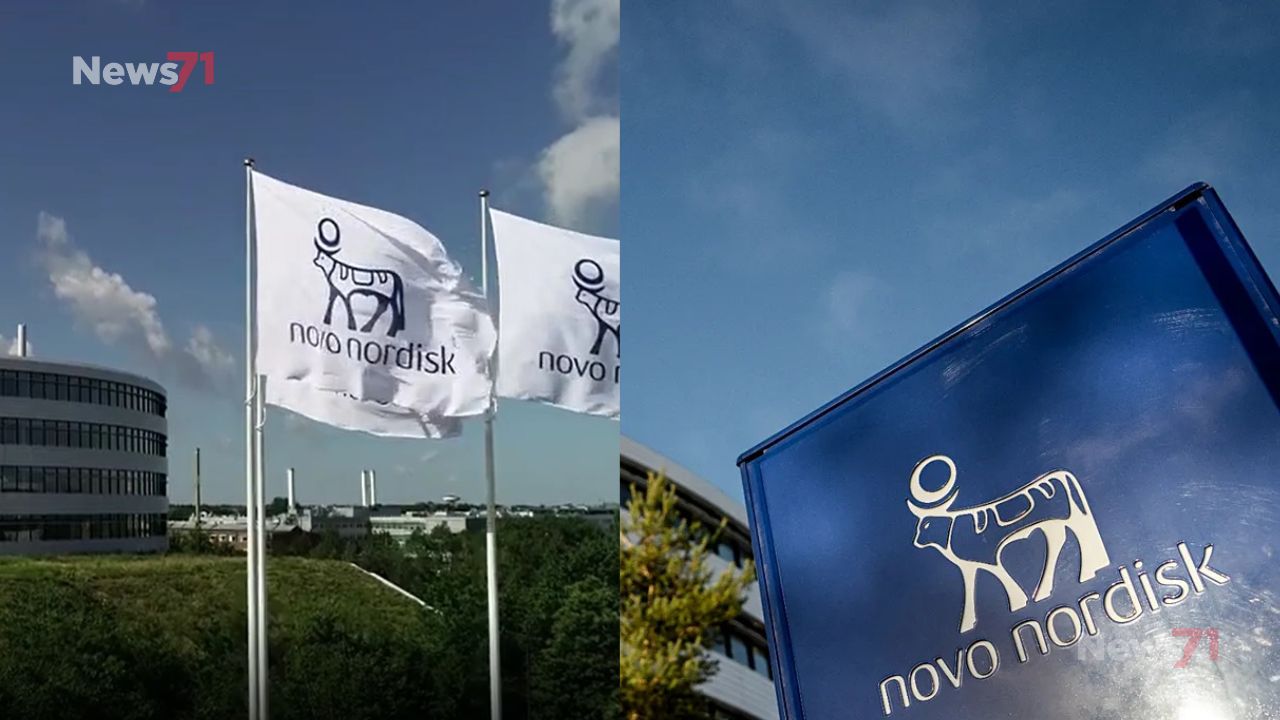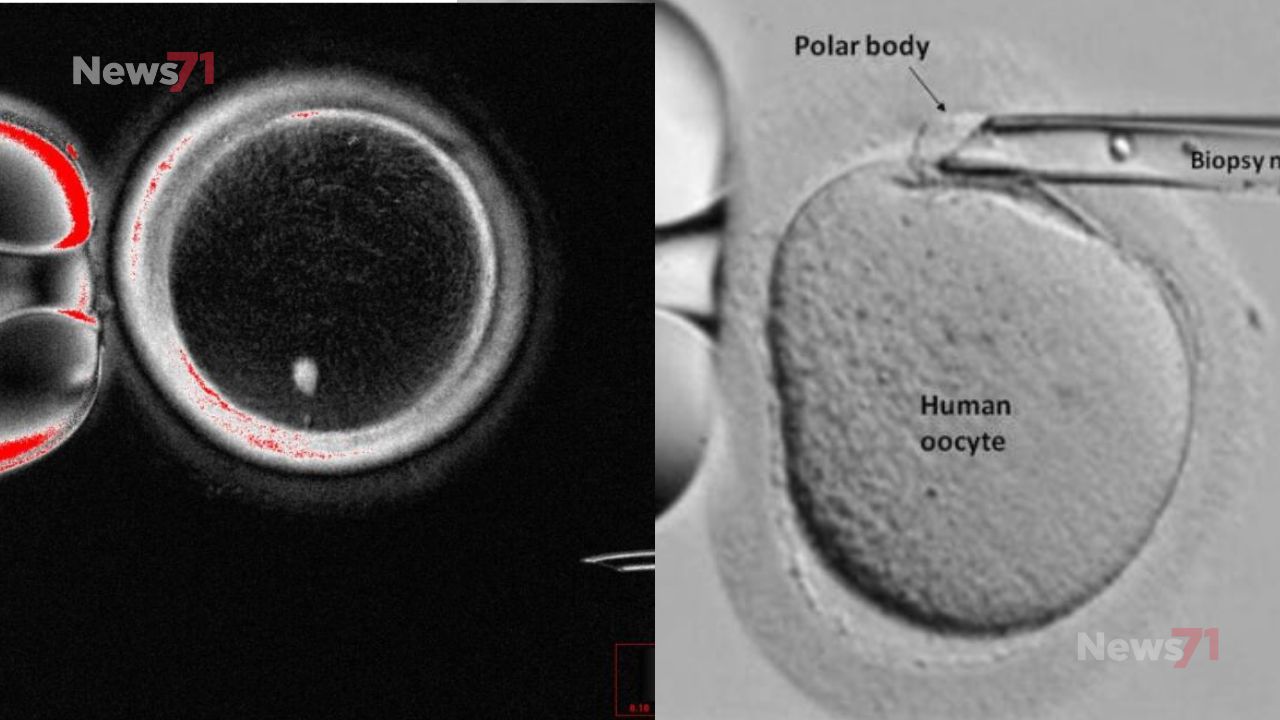We live in a world overflowing with diet advice, yet many of us still struggle to maintain a healthy lifestyle. From endless books to online influencers, everyone has an opinion on the “best” way to eat. Amidst this confusion, two diets stand out for their focus on whole foods and long-term health: the Mediterranean diet and the macrobiotic diet. While both have a lot to offer, they take different approaches to health and well-being.
Mediterranean Diet: A Way of Life
The Mediterranean diet isn’t a strict eating plan; it’s a lifestyle inspired by the traditional eating habits of people in countries like Greece, Italy, and Crete.1 It has gained popularity because of its association with low rates of heart disease, chronic illness, and obesity.2
The core principles of this diet are simple:
- Focus on whole foods: Emphasize fruits, vegetables, whole grains, nuts, seeds, and legumes.3
- Healthy fats: Olive oil is a staple, along with healthy fats from fish and nuts.4
- Fish over other meat: Fish is the primary source of animal protein, while other meats are eaten infrequently.
- Social connection: The diet encourages enjoying meals with family and friends, viewing food as a social and communal experience.5
- Physical activity: Regular exercise is an essential part of the lifestyle.6
While the Mediterranean diet provides a flexible framework, it doesn’t offer specific portion sizes. This can be both a pro and a con. For those who enjoy intuitive eating, it’s liberating. However, for people trying to lose weight or who need more structure, the lack of specific guidelines can be a challenge.
The Macrobiotic Diet: Finding Balance Through Food
The term “macrobiotic” means “great life” and this approach to eating is inspired by the ancient wisdom of some of the world’s longest-standing civilizations.7 It goes beyond a simple diet, aiming to create harmony and balance in an individual’s life through food choices. The macrobiotic diet also has a strong track record of helping people manage chronic diseases and weight.

A macrobiotic diet typically follows these guidelines:
- Balanced plate: It recommends an equal distribution of whole grains, legumes, and vegetables.
- Seasonal and local: It prioritizes eating foods that are in season and sourced locally.8
- Mindful preparation: Soups, fermented foods, and natural sweeteners are included, and animal products are limited or eliminated entirely.
- Holistic well-being: This approach emphasizes a mindful connection to food and its impact on both physical and mental health.9
Unlike the Mediterranean diet, the macrobiotic diet provides more specific guidelines for portions.10 For example, a Strengthening Health version suggests a breakdown of 25% grains, 25% legumes, 25% vegetables, and 25% fruits, nuts, and seeds. This structure can make it easier for people to plan meals and manage their food intake.
Choosing the Best Diet for You
Both the Mediterranean and macrobiotic diets are excellent choices for improving heart health, managing weight, and reducing the risk of chronic disease. They both prioritize healthy, plant-based foods and steer clear of processed junk.
However, a key difference lies in their holistic approach. While the Mediterranean diet encourages social eating and physical activity, the macrobiotic diet delves deeper into the psychological aspects of eating. It connects food choices to mental and physical strength, helping individuals understand and overcome challenges like stress-related overeating.
According to the American Psychological Association, many adults overeat unhealthy foods when stressed, leading to feelings of guilt and disappointment.11 The macrobiotic philosophy addresses this by encouraging mindfulness—helping you choose foods that not only nourish your body but also make you feel good mentally.12 It’s a practice of self-discovery that links what you eat to how you feel, creating a sustainable, long-term healthy relationship with food.
Ultimately, both diets offer a pathway to a healthier life. But if you are looking for a comprehensive lifestyle change that addresses not just what you eat, but why you eat it, the macrobiotic approach may offer a more profound and lasting transformation.






